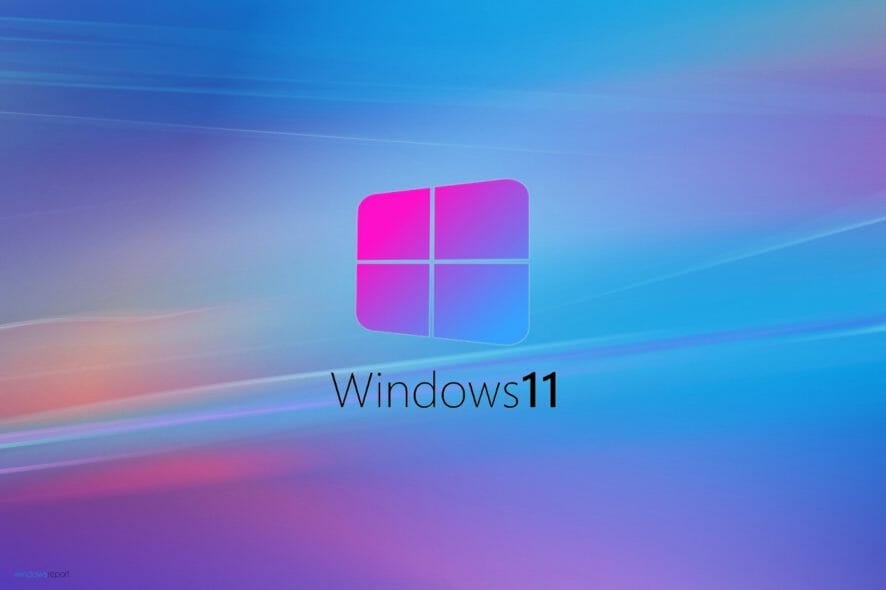Microsoft leaks the name of the new OS and users are shocked
3 min. read
Updated on
Read our disclosure page to find out how can you help Windows Report sustain the editorial team Read more
Key notes
- The tech giant accidentally leaked the name of the next OS in line, and later removed data.
- Even though everyone thought it might be called Windows 11, recent data suggests otherwise.
- The Sun Valley update won't just be a simple OS update after all, according to new findings.
- Microsoft is hosting a big reveal event on the 24th of June, and all doubts will vanish after the announcement will be made.

The thought on every single Windows user’s mind nowadays is, most likely, related to the new version of the OS and, more important, its new name.
We all know that, on June 24, Microsoft is hosting a massive event where it plans to unveil the future of its Windows operating system.
And even though we know that changes will be made to the look and features of the OS, the name of this product still remains a mystery to us all.
There might not be a Windows 11 after all
Lately, speculations have led to quite a number of possible OS names, among which Windows 365, or Windows OS, but the most plausible remains Windows 11.
Labeling the new product as Windows 11 wouldn’t be such a bad thing after all, considering the fact that, if it performs amazing, it could help lift some of the negative feelings some users still have about Windows 10.
But, judging by what the company said in the past, the plan is to move away from the Windows era. Microsoft officials already expressed the fact that Windows 10 will be, in fact, the last variation of this beloved OS.
Rumors are that Microsoft might be planning to give their new product a more macOS-style naming style with future versions of the software.
A clue that was recently found in some Microsoft metadata, which was later removed, shows what the name of the future Windows update could be.
Are you ready? Brace yourselves! The next Microsoft OS can actually be called simply Sun Valley. Does this name ring any bells?
It rightfully should, as everybody has been talking about this Windows update, which will change the face of the OS, giving it a more fresh and futuristic look.
 NOTE
NOTE
Accidental leak or just an internal name?
The fact that the data we mentioned above was quickly removed after being found can actually suggest two things.
The first one would be that the company realized they posted the name of the future product by mistake and erased it fast, so they can still keep somewhat of a secret.
The second theory would be that Sun Valley could just be an internal name for the new product, just a codename that Microsoft developers use to describe the next version of the OS.
Which ever it is, we are soon about to find out so the silver lining is that we won’t live in doubt for a very long time.
What do you think the new operating system from Microsoft will be called? Let us know in the comments section below.








